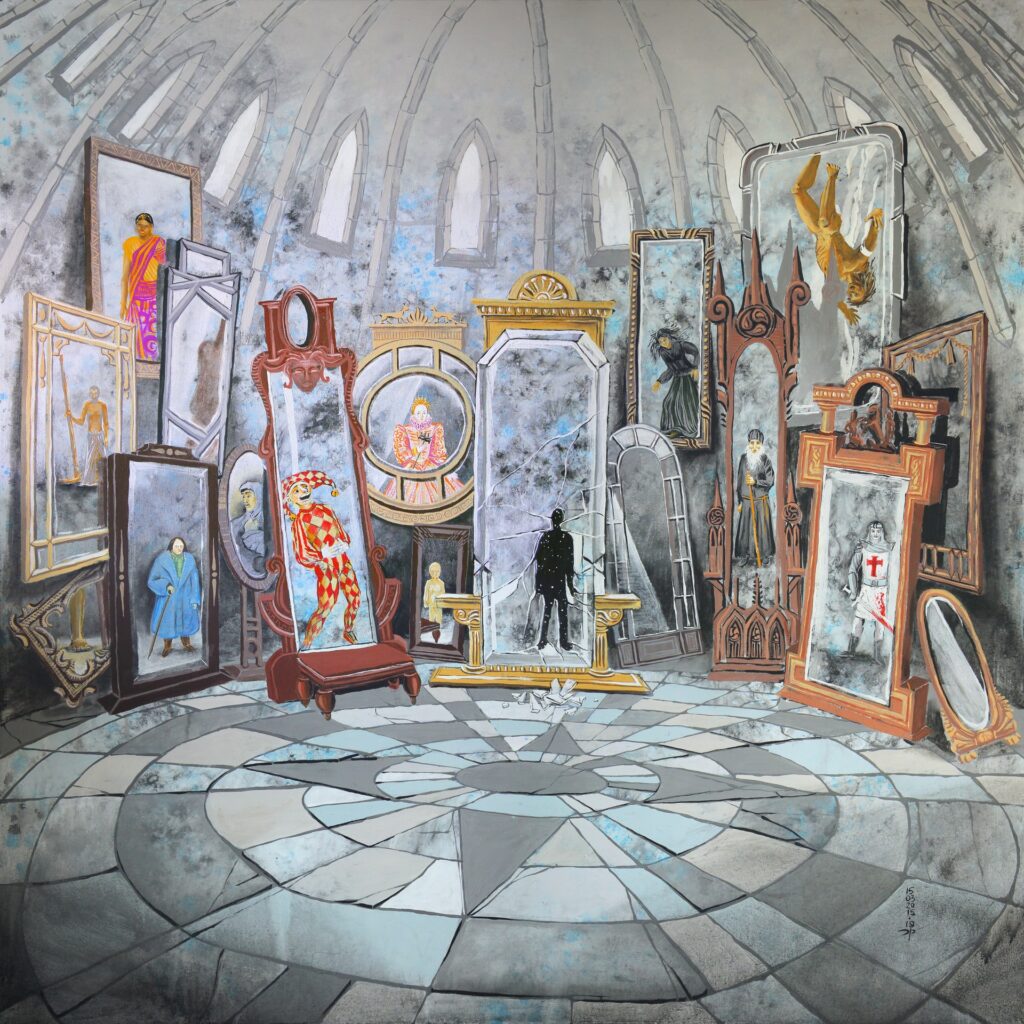Last week, I had a career planning workshop.
It confirmed what Peter Drucker wrote:
“Most people think they know what they are good at. They are usually wrong. More often, people know what they are not good at—and even then more people are wrong than right. And yet, a person can perform only from strength. One cannot build performance on weaknesses, let alone on something one cannot do at all.”
Managing Oneself
We’re so busy making a living that we forget what is suitable for us.
It’s hard to change career, especially if you spent money and time to get into it.
Once you’ve acquired the skills, it’s comfortable to stay in the same job, even if you feel unfulfilled.
But sometimes, an opportunity to switch shows up.
We saw this a lot with the pandemic. Many people refused to go back to their previous jobs.
They had a sudden awareness that their job is not aligned with who they are.
This is what happened during the workshop.
I put in this article the main takeaways that can help plan your career or make the switch.
Are You a Multipotentialite?
Why some of us don’t have one true calling?
In this talk, Emilie Wapnick uncovers another species: The non-specialists.
They are wired differently and find it hard to fit in modern society.
As the demand for efficiency has increased, we prefer the one who does one thing to the multipotentialite.
She defines a multipotentialite as someone who has many interests and creative pursuits.
We might perceive multipotentialites as lacking commitment.
The reality is quite the opposite.
To be a multipotentialite requires dedication. You need to put a significant amount of time and effort into learning something new.
Another requirement is curiosity. The multipotentiales are passionate about exploring different interests.
Over time, the combination of curiosity and dedication gives the multipotentialites certain advantages:
1-The ability to make connections across disciplines and solve problems creatively.
2-They develop the skill of learning. As they’ve been through the process of learning something new over and over again, they become rapid learners.
3-Adaptability as second nature. In a fast-changing and unpredictable world, adaptability is the skill of the future.
Multipotentialites are closely related to the notion of polymath or renaissance man.
Polymaths are of different kinds.
You have the Leonardo Da Vinci type. They use each subject as a stepping stone to the next one.
Or you have the Ben Franklin type. You can’t connect the dots between their different interests.
So if you are a multipotentiale, you’re probably pressured to pick one thing. But don’t despair, you are not alone.
Career Planning: Assess Yourself

The value of assessment is you become self-aware.
You’ll understand better your strengths, challenges, and learning style.
With these insights, you can narrow down the list of your ideal careers.
The goal is to position yourself where you can make the most out of your potential.
Satisfaction and fulfillment will come as a by-product of this process.
During the workshop, I took the Myers-Briggs Type Indicator (MBTI) assessment. It has been around for more than 80 years.
You can also try a free personality test that is based on this same model.
The advantage of knowing your challenges is double:
1-First, it gives a sense of commonality. Your challenges are not a defect in your personality but something you share with others.
2- Second, when you know your challenge ahead of time, you can prepare for it.
For example, in my assessment, it came out I’m reluctant to network.
It’s definitely true.
So if I try to network like an extrovert (talking to as many people as possible), I’ll be terrible at it. I’ll run out of energy in no time.
Instead, I can focus on a few people.
It also came out that I’m hesitant to “sell” myself.
This is inconvenient, especially during interviews.
To go around this, I can prepare a list of points to mention during the interview.
How an Informational Interview Can Help You?
An informational interview is a conversation with a professional who works in your desired area.
It’s a way to test your ideas before you invest time and money in them.
It takes between 15 to 30 minutes.
The interview can be in-person, through Zoom, or by phone call.
The goal is to gather information and expand your network, Not to ask for a job.
You’ll gain insider knowledge which gives you a better understanding of the job requirements.
Once you decide on an occupation, identify the people you want to talk to.
You can find them by asking your entourage or on LinkedIn.
Reach out to them and start preparing for the meeting.
You want to have a list of questions that are the most relevant to you.
Start the interview with a general question, move to the specific, and close by asking for advice.
As Steve Dalton put it:
“Start with framing the interviewer as an expert and systematically converts them into mentors by the end of the conversation.”
Here are examples of questions:
- What do you like and not like about working in this industry?
- Would you please describe a typical day?
- How has your job affected your lifestyle?
- What courses have proved to be the most valuable to you in your work?
- Do you have any advice for someone interested in this job?
Next, send a thank you note.
These people help you out of goodness. They have nothing to gain from this meeting. It’s important to acknowledge their favor.
Final Thoughts on Career Planning

How many people are really satisfied with their careers?
It’s crazy we don’t teach those things, especially for students.
What’re the chances of changing your career after investing time and money?
Very little.
You still might do your job well, but you’ll feel unsatisfied with it.
An assessment and some informational interviews can help you make the right decision.
This is a lifelong process.
As we keep changing through life, the career that was a fit might not remain it.
That’s why I liked how John Krumboltz reframed the question about the one true calling:
Instead of saying: “What should I be when I grow up?”
A better question would be: “What would be fun to try next?
Article posted the 30 November 2021
Popular Articles
- 7 Lessons from Luqman that Will Make You Wise
- For or Against Vaccines? That’s Not Really the Question
- Allah According to Allah: The Beauty Behind the Verse of Light
- How to Enjoy Salat and Make it Meaningful
- Are Muslims Meant to Be Sleep Deprived?
- Islamic Psychology: A Model Where Faith Has Its Place
- Blindness: From the Invisible Gorilla to the Quranic Perspective
- Muslims’ Unity: A Powerful Solution That Takes Its Time
- The Certainties of Muslims in Uncertain World
- Mongols Invasions: Some Forgotten Lessons to Today’s Muslims
- How to Make People Change their Mind: Persuasion!
- A Few Thoughts For Muslims
- How to Honor the Prophet?
- Muslims Judging Each Other: Why and How to Be Less Judgy
